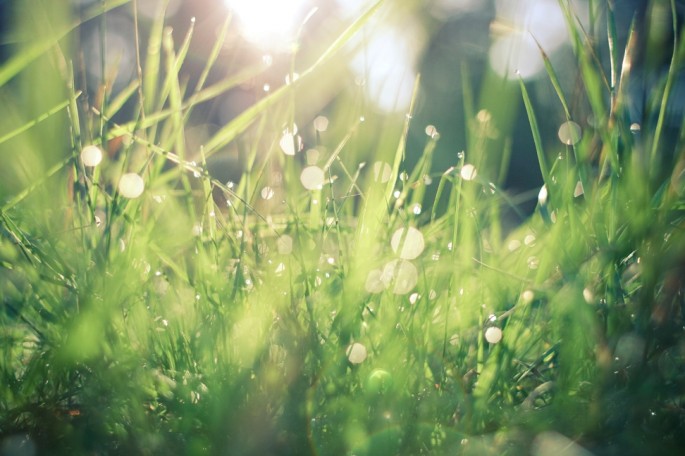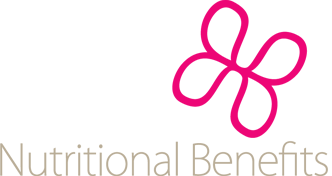6 tips to reduce Hay Fever symptoms naturally
June 9, 2014

We love talking about the weather in Britain
The Met Office have cheered us up with the rather cryptic announcement that “hot weather is twice as likely as a below-par summer this year”. This is fantastic news for sun lovers, but combined with the mild winter and warm spring, there has been an earlier than usual start to the hay fever season, and 2014 looks set to be one of the worst seasons on record.
Hay fever is on the increase
The charity Allergy UK states that a third of the population are now hay fever sufferers, 60% of whom say their current medication only makes their condition ‘bearable’, with very few people reporting that their prescribed medication is fully effective.
The number of hay fever sufferers is increasing year on year, and this trend is broadly attributed to increases in air pollution and a lack of micro-nutrients in the diet.
How can you alter your diet to reduce or alleviate your hay fever symptoms?
Here are some top tips from Nutritional Benefits on the best foods to look out for this summer:
- Boost your intake of beneficial plant bioflavonoids by increasing how much fresh fruit and vegetables you eat, especially cherries, grapes, beetroot, carrots, peppers. Buckwheat and green tea are also beneficial
- Quercetin is a natural antihistamine, and is found in onions, apples, sage, blackcurrants and oranges
- Boost your immune system by increasing your antioxidants: Vitamins A, C & E, zinc and selenium. Good sources include: green leafy vegetables, orange/yellow coloured vegetables, nuts (especially brazil nuts), seeds and shellfish
- Refined sugar has been shown to reduce your immune system, so reduce your intake to reduce symptoms. Local honey can be a good substitute and may have some anti-hay fever properties too
- Vitamin B6 helps to boost the immune system and controls allergic reactions; find it in bananas, avocado, chicken, figs and cruciferous vegetables (cabbage, cauliflower, Brussels sprouts etc.)
- Foods with specific anti-inflammatory properties such as ginger, turmeric and oily fish may help to reduce the severity of symptoms of hay fever
Hay fever Fighter Juice
Here’s a recipe for a refreshing, delicious juice, to help manage your hay fever symptoms. This recipe is adapted from “Juices: Nature’s Cure-all for Health and Vitality”, by Jan Castorina and Dimitra Stais
Serves 1
Ingredients
- ½ large onion, finely chopped
- 60ml honey (preferably local)
- ¼ medium pineapple, cored, peeled and chopped
- 1 small Serrano chilli, chopped
- 80ml water
Method
- Combine the onion and honey in a small bowl. Cover and refrigerate overnight. (This mixture will keep in a fridge for up to 1 week)
- In a juice extractor, process pineapple and chilli
- Add 2 teaspoons of onion liquid and water, mix well
- Drink immediately
Notes on recipe
Chopped onion and honey is an age-old remedy to help break up and expel mucous. Onions contain quercetin, which is anti-inflammatory. Bromelain, the enzyme in pineapple, helps inhibit histamines, thereby reducing the allergy response. Chilli helps desensitize airways to irritants.
If you would like more help to get through the hay fever season by making changes to your diet, do get in touch.
Laura de la Harpe is a qualified, professional nutritional therapist, and one of only a limited number of qualified Metabolic Balance® coaches in the UK. Through the application of nutrition science, and an understanding of how the body works, Laura supports her clients through a nutritional change programme that brings improved health, weight loss and relief from a range of symptoms. Change your life… one mouthful at a time.
Contact or follow Laura ?www.nutritionalbenefits.co.uk ? 0118 946 4773 ?facebook /metb4life ?twitter @metb4life
Specific results are not guaranteed. Results of each nutrition programme may vary.






